NQF Level:
Credits:
Minimum Duration:
Faculty:
Department:
Accreditation Authority:
Why Choose This Qualification?
Admission Requirements.
- Hold a National Senior Certificate (NSC) with 40% in Mathematics or 50% in Mathematics Literacy granting access to diploma or degree studies with a Diploma or Bachelor's Pass at an NQF Level 4.
- Possess an NQF Level 5 Higher Certificate in Information Technology.
Qualification Structure.
Learning Outcomes.
- Demonstrate proficiency in ICT disciplines like software development, network design, and database management.
- Apply analytical skills to solve complex tech challenges.
- Lead with integrity and innovate in ICT to solve real-world problems.
International Comparability.
Qualification Modes of Delivery and Support.
- Contact Learning: Engage with expert lecturers in a classroom setting.
- Blended Learning: Online and face-to-face sessions.
- Distance Learning: Flexible, self-paced study.
Career Opportunities.
- Software Developer
- Cybersecurity Analyst
- AI Specialist
- Cloud Administrator
- Network Engineer
- Data Analyst
Articulation Options.
- Horizontal: Diploma in Web Development (NQF Level 6)
- Vertical: Bachelor’s Degree in Computer Science or Information Systems (NQF Level 7)
- Diagonal: Advanced Diploma in ICT (NQF Level 7)
Ensure Compliance, Empower Financial Accuracy.
With the Occupational Certificate in Tax Technology, you’re not just earning a qualification—you’re stepping into a crucial role in maintaining tax compliance and supporting financial accuracy. Gain the expertise to manage tax calculations, ensure VAT and payroll compliance, and navigate complex tax regulations with confidence.
Don’t wait to become an essential part of the financial sector.
Enroll today and build a career where you secure financial integrity and guide clients with precision!




